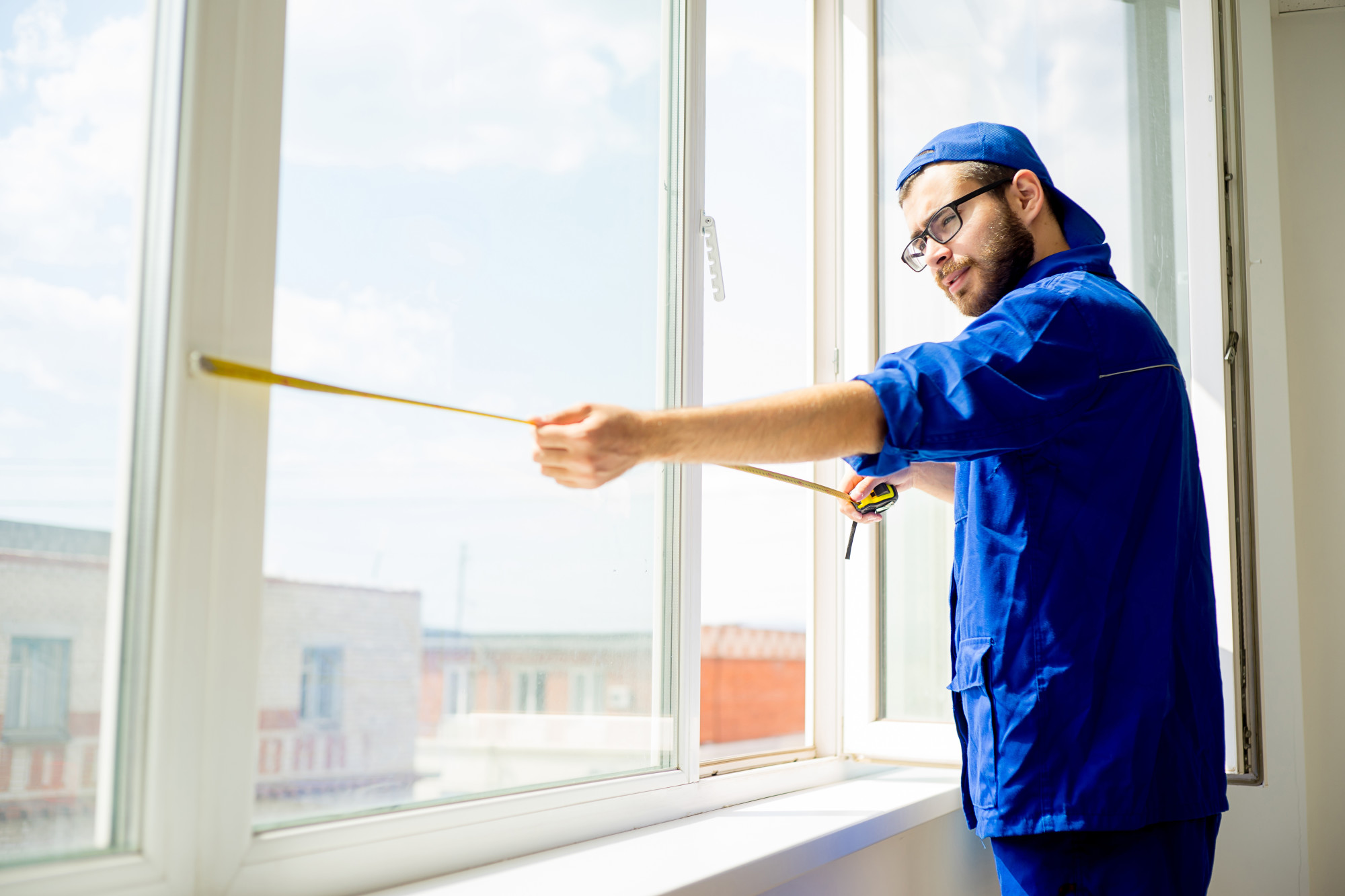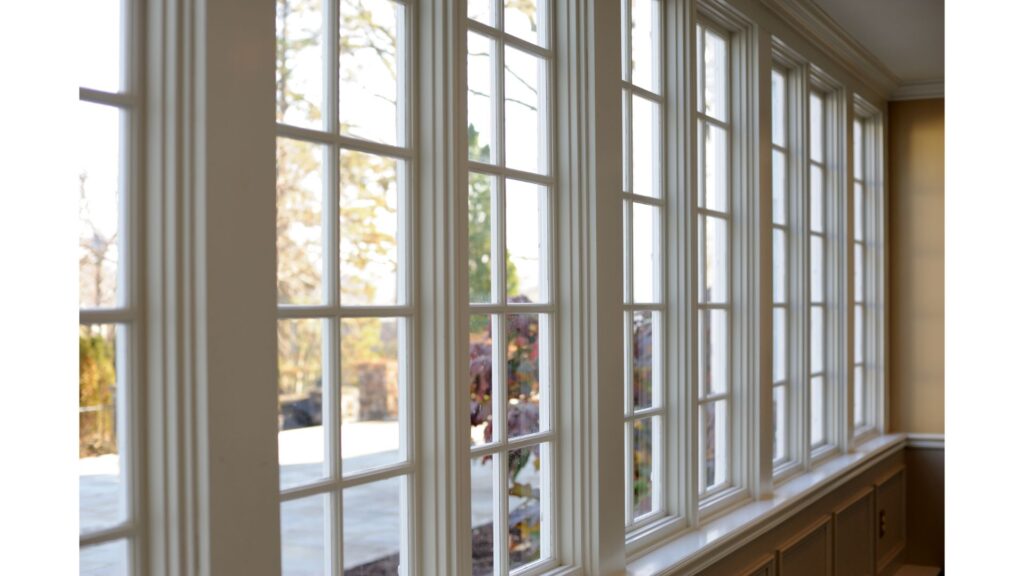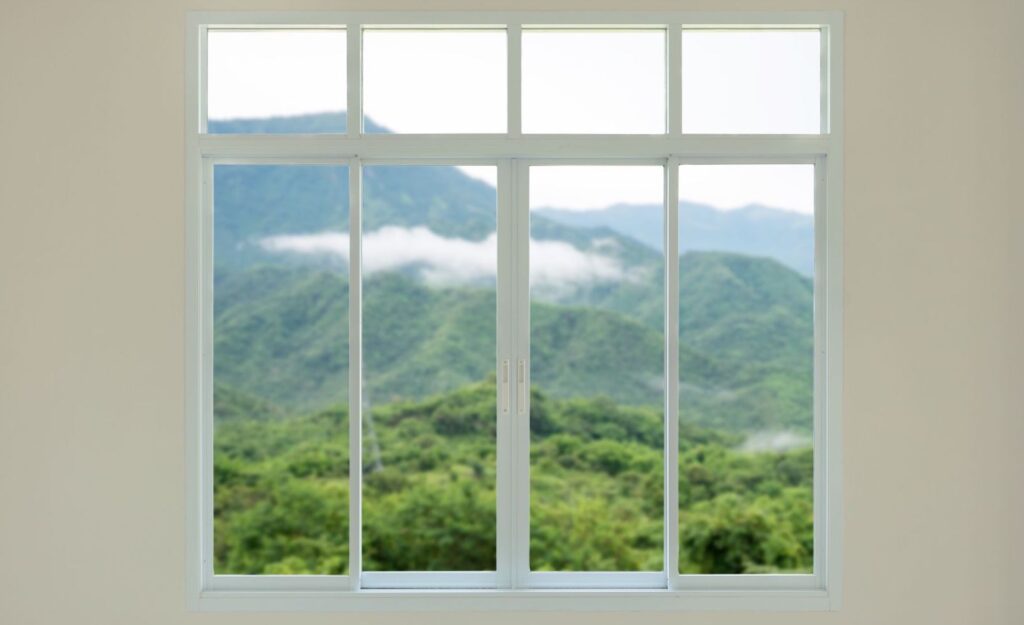
Investing in New Windows: Is the Cost Worth the Benefits?
Windows are a fundamental aspect of any home, providing natural light, ventilation, and a connection to the outdoors. However, old or inefficient windows can lead to a host of problems, from higher energy bills to decreased comfort and reduced property value. Investing in new windows is a significant decision that involves substantial costs, but the benefits can be considerable. This comprehensive guide explores whether the cost of new windows is worth the benefits, covering factors that influence window costs, types of windows, energy efficiency, installation considerations, and the long-term value they add to your home.
Understanding the Cost of New Windows
The cost of new windows can vary widely based on several factors, including the type of window, material, size, and installation complexity. Here’s a breakdown of the primary factors that influence the cost:
Types of Windows
Different types of windows have different costs associated with them. Here are some common window types and their average costs:
- Single-Hung Windows: These windows have a fixed upper sash and a movable lower sash. They are typically more affordable, ranging from $100 to $400 per window.
- Double-Hung Windows: Both the upper and lower sashes can move in these windows, offering better ventilation. They cost between $150 and $650 per window.
- Casement Windows: Hinged at the side, casement windows open outward like a door. They are priced between $200 and $1,000 per window.
- Sliding Windows: These windows slide horizontally and are commonly used for larger openings. Costs range from $150 to $800 per window.
- Bay and Bow Windows: These are large, decorative windows that protrude from the exterior wall. They are more expensive, costing between $1,000 and $5,000 per window.
- Awning Windows: Hinged at the top, awning windows open outward and are often used in combination with other window types. Prices range from $200 to $1,000 per window.
Window Materials
The material of the window frame significantly affects the cost, durability, and maintenance requirements:
- Vinyl Windows: These are popular due to their affordability and low maintenance. Costs range from $100 to $900 per window.
- Wood Windows: Known for their natural beauty and insulation properties, wood windows are more expensive, ranging from $200 to $1,500 per window.
- Aluminum Windows: These are durable and suitable for modern designs, costing between $150 and $1,000 per window.
- Fiberglass Windows: Offering high durability and energy efficiency, fiberglass windows range from $300 to $1,500 per window.
- Composite Windows: Made from a mix of materials, composite windows combine the benefits of different materials and cost between $300 and $1,300 per window.

Installation Costs
Installation costs can vary depending on the complexity of the job, the number of windows being replaced, and regional labor rates. On average, installation costs range from $100 to $300 per window. Custom installations, such as bay or bow windows, can significantly increase labor costs.
The Benefits of Investing in New Windows
While the initial cost of new windows can be substantial, the benefits they offer can make the investment worthwhile. Here are the primary advantages of installing new windows in your home:
Improved Energy Efficiency
One of the most significant benefits of new windows is improved energy efficiency. Modern windows are designed to minimize heat transfer, keeping your home warmer in the winter and cooler in the summer. This leads to lower energy bills and a reduced environmental footprint.
Energy-Efficient Features:
- Double or Triple Glazing: Multiple panes of glass with insulating gas fills reduce heat transfer.
- Low-E Coatings: Low-emissivity coatings reflect infrared light, keeping heat inside during winter and outside during summer.
- Improved Seals and Frames: New windows have better seals and more efficient frame materials that prevent air leaks.
According to the U.S. Department of Energy, replacing single-pane windows with ENERGY STAR-rated windows can save homeowners between $126 and $465 annually on energy bills, depending on the region and existing windows.

Enhanced Comfort
New windows can significantly enhance the comfort of your home by eliminating drafts, reducing noise pollution, and maintaining consistent indoor temperatures. Improved insulation and sealing prevent cold spots near windows during winter and reduce heat gain in the summer.
Comfort-Enhancing Features:
- Thermal Insulation: Advanced glazing and frame materials improve thermal insulation.
- Noise Reduction: Double or triple glazing and well-sealed frames reduce external noise.
- UV Protection: Low-E coatings block harmful UV rays that can fade furniture and flooring.
Increased Home Value
Investing in new windows can boost your home’s resale value. Potential buyers are often willing to pay a premium for homes with energy-efficient and aesthetically pleasing windows. According to Remodeling Magazine’s Cost vs. Value Report, homeowners can recoup about 70-80% of the window replacement cost when selling their home.
Value-Enhancing Features:
- Curb Appeal: Modern, attractive windows enhance the exterior appearance of your home.
- Energy Efficiency: Buyers appreciate the long-term savings on energy bills.
- Low Maintenance: Durable, low-maintenance windows are appealing to potential buyers.
Enhanced Security and Safety
New windows come with advanced locking mechanisms and stronger materials that improve home security. Tempered glass and laminated glass options also increase safety by reducing the risk of injury from broken glass.
Security and Safety Features:
- Advanced Locks: Multi-point locking systems provide enhanced security.
- Impact-Resistant Glass: Laminated glass holds together when shattered, reducing injury risk and deterring break-ins.
- Safety Glass: Tempered glass is stronger and shatters into small, less harmful pieces.
Reduced Maintenance
Modern windows are designed with materials and finishes that require minimal maintenance. Vinyl, fiberglass, and composite windows do not need painting, staining, or sealing, reducing the time and effort needed to keep them looking good.
Low-Maintenance Features:
- Weather-Resistant Materials: Durable materials withstand harsh weather conditions without deteriorating.
- Easy Cleaning: Many new windows have tilt-in sashes for easy cleaning from the inside.
- Fade-Resistant Finishes: Advanced finishes resist fading, chipping, and peeling.

Considerations for Window Replacement
Before investing in new windows, there are several considerations to keep in mind to ensure you make the best decision for your home:
Assessing Your Current Windows
Evaluate the condition of your existing windows to determine if replacement is necessary. Signs that you may need new windows include:
- Drafts and Air Leaks: Feel for drafts around the window frames or use a candle to detect air movement.
- Condensation: Persistent condensation between panes indicates seal failure.
- Difficulty Operating: Windows that are hard to open or close may have warped frames or damaged hardware.
- Visible Damage: Cracks, rot, or warping in the frames or sashes indicate the need for replacement.
Budgeting for Replacement
Create a budget for your window replacement project, considering both the cost of the windows and installation. Obtain multiple quotes from reputable contractors to compare prices and services. Factor in potential long-term savings on energy bills and increased home value when evaluating the cost.
Choosing the Right Windows
Select windows that meet your specific needs and preferences. Consider the following factors:
- Climate: Choose windows with appropriate energy efficiency ratings for your climate zone.
- Style: Select window styles that complement your home’s architecture and provide the desired functionality.
- Material: Choose frame materials that offer the right balance of cost, durability, and maintenance requirements.
- Glazing: Opt for double or triple glazing and low-E coatings for improved energy efficiency.

Hiring a Professional Installer
Professional installation is crucial for ensuring your new windows perform as expected. Improper installation can lead to air leaks, water infiltration, and reduced energy efficiency. When hiring a contractor, consider the following:
- Experience: Look for contractors with extensive experience in window installation.
- Reputation: Check reviews, references, and credentials to ensure the contractor has a history of quality work.
- Warranty: Ensure the contractor offers a warranty on their work and the window products.
- Estimates: Obtain written estimates to compare pricing and services.
Long-Term Value of New Windows
Investing in new windows offers long-term value that goes beyond immediate cost savings. Here are some additional benefits that contribute to the overall value of new windows:
Environmental Benefits
Energy-efficient windows reduce your home’s carbon footprint by decreasing the amount of energy needed for heating and cooling. This contributes to environmental sustainability and can be a selling point for eco-conscious buyers.
Environmental Impact:
- Lower Energy Consumption: Reduced energy use translates to fewer greenhouse gas emissions.
- Sustainable Materials: Many new windows are made from recycled or sustainable materials.
- Energy Efficiency Incentives: Some regions offer tax credits or rebates for installing energy-efficient windows.
Improved Indoor Air Quality
Well-sealed windows prevent pollutants, allergens, and moisture from entering your home, improving indoor air quality. This is especially important for households with individuals who have allergies or respiratory conditions.
Air Quality Benefits:
- Allergen Reduction: Properly sealed windows keep out pollen, dust, and other allergens.
- Moisture Control: Preventing moisture infiltration reduces the risk of mold and mildew growth.
- Ventilation: Modern windows offer improved ventilation options, enhancing indoor air quality.

Practical Steps for Window Replacement
To maximize the benefits of new windows and ensure a smooth replacement process, consider the following practical steps:
Conduct a Home Energy Audit
Before investing in new windows, conducting a home energy audit can provide valuable insights into your home’s overall energy efficiency. An energy audit identifies areas where energy is being lost and provides recommendations for improvements, including window replacements. This audit can help you prioritize which windows need replacing and understand the potential energy savings from new windows.
Select Energy-Efficient Options
When choosing new windows, prioritize energy-efficient options. Look for the ENERGY STAR label, which indicates that the windows meet strict energy efficiency guidelines. Consider features like double or triple glazing, low-E coatings, and inert gas fills between panes, which significantly improve insulation and reduce energy loss.
Plan for Installation
Proper planning is crucial for a successful window replacement project. Decide whether you will replace all windows at once or phase the project over time, based on your budget and needs. Ensure that you choose a reputable contractor who can manage the installation professionally and within your desired timeline.
Prepare Your Home
Before installation day, prepare your home to facilitate a smooth process. Remove any window treatments, such as blinds or curtains, and clear the area around the windows of furniture and decor. Ensure easy access to the windows for the installers and protect your flooring with drop cloths or plastic sheeting.

Long-Term Maintenance and Care
Once your new windows are installed, proper maintenance and care are essential to preserve their functionality and appearance:
Regular Cleaning
Clean your windows regularly to maintain their appearance and ensure clear views. Use a soft cloth or sponge and mild detergent to clean the glass and frames. Avoid abrasive cleaners that can scratch the surface. For hard-to-reach windows, consider hiring professional window cleaning services.
Inspect Seals and Weatherstripping
Periodically inspect the seals and weatherstripping around your windows to ensure they remain intact and effective. Damaged seals or weatherstripping can lead to air leaks and reduce energy efficiency. Replace any worn or damaged components promptly.
Lubricate Moving Parts
For windows with moving parts, such as sliding or casement windows, apply a silicone-based lubricant to the hinges, tracks, and locking mechanisms to ensure smooth operation. Regular lubrication prevents parts from sticking or becoming difficult to operate.
Monitor for Damage
Keep an eye out for any signs of damage, such as cracks in the glass, warping of the frames, or difficulty in opening and closing the windows. Address any issues immediately to prevent further damage and maintain the integrity of your windows.

Financial Considerations and Incentives
While the upfront cost of new windows can be significant, there are financial considerations and incentives that can help offset the expense:
Financing Options
Many window manufacturers and contractors offer financing options that allow you to spread the cost of window replacement over time. Financing can make the investment more manageable and enable you to replace all your windows at once, maximizing energy savings and other benefits immediately.
Energy Efficiency Incentives
Look for local, state, or federal incentives for energy-efficient home improvements. These incentives may include tax credits, rebates, or low-interest loans for installing ENERGY STAR-rated windows. Taking advantage of these incentives can reduce the overall cost of your window replacement project.
Increased Home Value
Investing in new windows can significantly increase your home’s market value. Energy-efficient, modern windows are a strong selling point for potential buyers, who value the long-term savings on energy bills and the reduced need for maintenance. This added value can help recoup much of the initial investment when you sell your home.
Investing in new windows is a significant decision with substantial upfront costs. However, the long-term benefits, including improved energy efficiency, enhanced comfort, increased home value, and reduced maintenance, often make it a worthwhile investment. By carefully considering your specific needs, selecting the right type of windows, and hiring a professional for installation, you can maximize these benefits and enjoy a more comfortable and energy-efficient home.


